Serenade
Franz Schubert
(1797-1828)
Schubert's immortal "Serenade" was written in 1826. it is so familiar that it needs no analysis, nor is one necessary from any point of view. It is simply a lovely melody from first note to last, written upon the inspiration of the moment, and yet characterized by absolute perfection of finish and a grace and beauty of which one never tires. It was originally composed as an alto solo and male chorus and was subsequently rearranged for female voices only. The circumstances of its composition as told by Schubert's biographer, Von Hellborn, are of more than ordinary interest. Von Hellborn says:
"One Sunday, during the summer of 1826, Schubert with several friends was returning from Potzleinsdorf to the city, and on strolling along through Wahring, he saw his friend Tieze sitting at a table in the garden of the 'Zum Biersack.' The whole party determined on a halt in their journey. Tieze had a book lying open before him, and Schubert soon began to turn over the leaves. Suddenly he stopped, and pointing to a poem, exclaimed, 'such a delicious melody has just come into my head, if I but had a sheet of music paper with me.' Herr Doppler drew a few music lines on the back of a bill of fare, and in the midst of a genuine Sunday hubbub, with fiddlers, skittle players, and waiters running about in different directions with orders, Schubert wrote that lovely song."
"One Sunday, during the summer of 1826, Schubert with several friends was returning from Potzleinsdorf to the city, and on strolling along through Wahring, he saw his friend Tieze sitting at a table in the garden of the 'Zum Biersack.' The whole party determined on a halt in their journey. Tieze had a book lying open before him, and Schubert soon began to turn over the leaves. Suddenly he stopped, and pointing to a poem, exclaimed, 'such a delicious melody has just come into my head, if I but had a sheet of music paper with me.' Herr Doppler drew a few music lines on the back of a bill of fare, and in the midst of a genuine Sunday hubbub, with fiddlers, skittle players, and waiters running about in different directions with orders, Schubert wrote that lovely song."
Franz Schubert
Schubert: 20 facts about the great composer
During a career lasting less than 20 years, Franz Schubert (1797-1828) produced a torrent of work, including operas and symphonies; 600 songs; overtures and masses; string quartets, quintets and an octet; 20 piano sonatas; and some 50 choral works. Here are 20 essential facts about the great man.







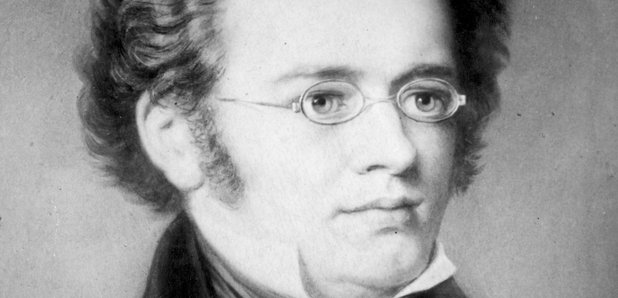
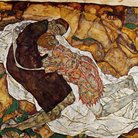
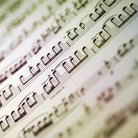



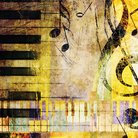

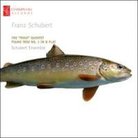


.jpg)
.jpg)



.jpg)




0 comments:
Post a Comment
Note: Only a member of this blog may post a comment.